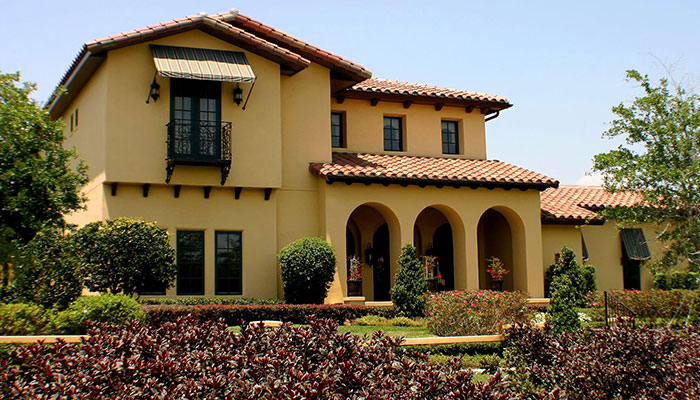If you’re thinking about getting into the real estate market with your first investment property, there are a few things to consider before you jump straight in.
While property can prove to be a great investment, if you don’t do your research there’s a very good chance you could find yourself with a property that ends up costing you more than it makes you.
To set you up for a successful venture into the world of property investment, here are some tips to help guide you through the process and come out on top.
Familiarize yourself with the market
The first step for any new property investor is to familiarize yourself with the market.
Start by browsing through a real estate listing website to get an understanding of what properties in your preferred areas are selling for, and the weekly or monthly rate rental they’re being advertised at.
Most leading real estate listing websites will also provide access to a wealth of useful data and statistics aimed at investors, including median sales prices and average rental returns throughout the area which can give you a good idea of the current market conditions.
It’s also worth speaking to a few real estate agents who work in the area to gain a more in-depth understanding of what’s happening in the local market, including how easy or difficult it is to find good tenants and how long properties are typically on the market for in case you need to sell quickly.
Know what you can afford
The next thing you should consider is how much you can afford to spend—and this doesn’t just relate to how much your lender says you can borrow.
Because you’re purchasing the property as an investment rather than as a property to live in yourself, it’s integral that you make your decisions using your head rather than your heart, with the anticipated financial performance of the property forming the foundation for your decision-making.
Can’t afford a big investment?
Not to worry. If you’re just starting out, try Fundrise, which lets you invest in real estate for as little as $500.
While it can be difficult to predict exactly what’s going to happen in any real estate market, you should consider the historical sales growth data in the suburb and surrounding suburbs.
In doing so, you can get an idea of the type of capital growth you can expect to achieve. This is particularly important if the property will be negatively geared to ensure you can offset any losses.
You’ll also need to consider if you’ll have enough disposable income to cover the costs of a vacant property and whether you can afford to make higher repayments if there is a rise in interest rates.
Recommended Real Estate Investing Posts:
- The Top 7 Things You Must Know When First Flipping Houses
- Guaranteed Rental Income with HUD’s Section 8 Program
- House vs. Apartment: Which is Better for Investment?
- Breaking Down The Cost Of Real Estate Investments
- How Do You Find Partners to Invest in Real Estate?
- Tactics to Maximize Buy and Hold Real Estate
- Parts of a House to Invest In
Pick the right property
Finally, it’s important you select the right property for what you’re looking for, considering if it will be a smarter move to purchase an established property or build a new property.
Whether you’re considering an apartment, house or unit, there are a range of benefits to purchasing an established property, with the key benefit being that you can move tenants in straight away and start earning rental income sooner.
Because they’re generally also located in more established suburbs, it’s likely they’ll also generate more capital growth. However, the downside to purchasing an older property is the need for more ongoing maintenance which as the owner, you will be liable for.
On the other hand, there can also be a range of benefits to buying a new property like an off-the-plan apartment, or a house and land package. Because every element of the property is brand new, it’s unlikely the property will require a lot of maintenance and it should be relatively easy to attract tenants.
When you build in a new or emerging suburb, the property may also come with a more attractive price tag compared to some expensive city markets, and depending where you’re building, may also come with a range of tax benefits and incentives which are well worth investigating.
Ultimately, whatever type of property you’re looking at, with a little research and some careful consideration your property investment journey could prove to be the smartest move you ever make!
Related Investing Product Reviews:





